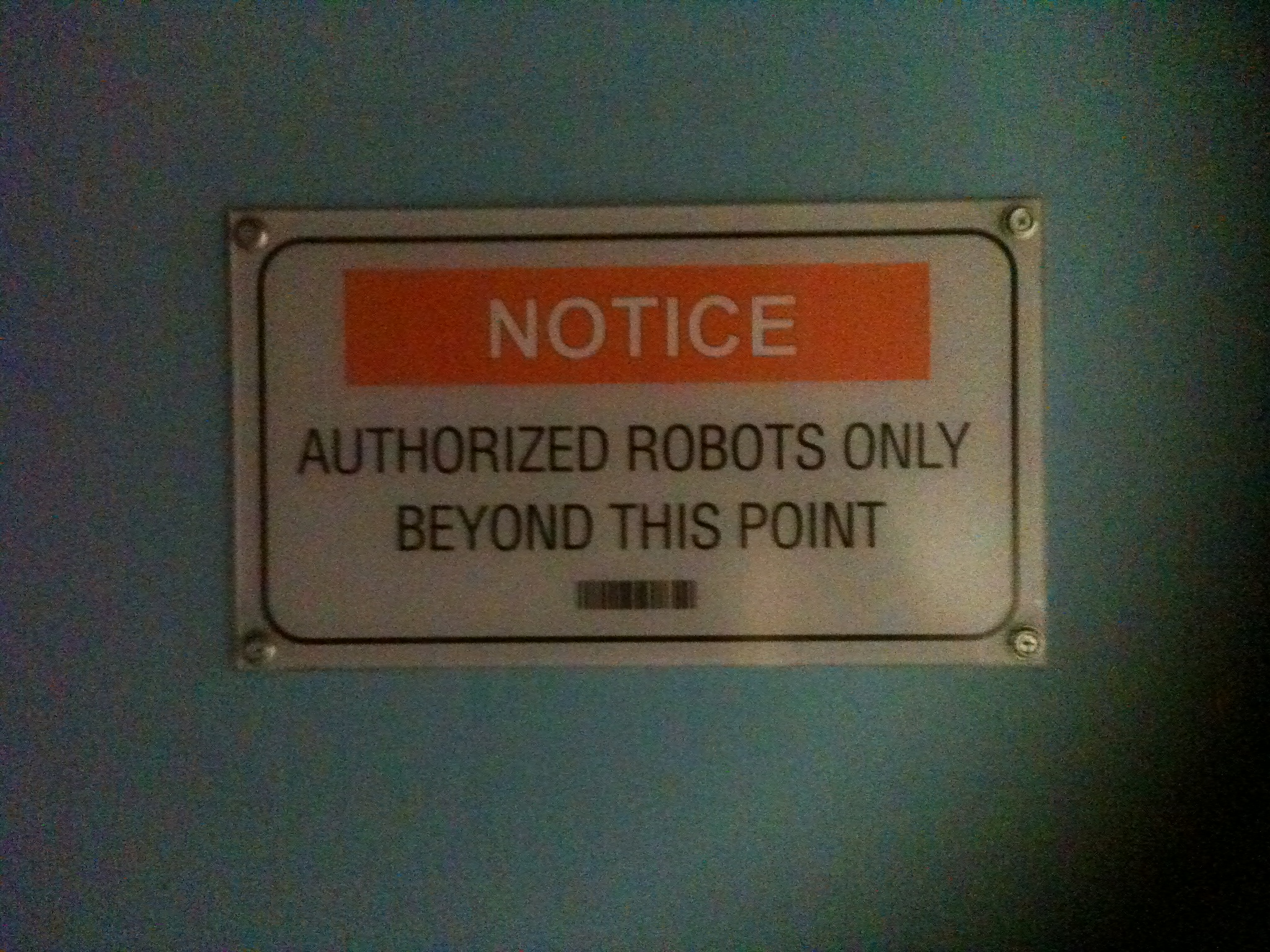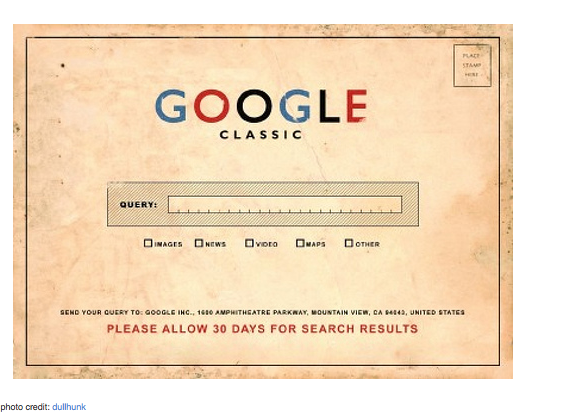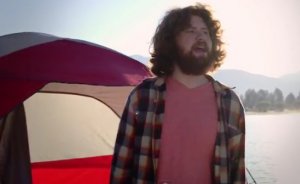Couldn’t resist taking this photo.
Category Archives: Uncategorized
Just stuff
Hard to know what to talk about today. It could be the patent Sony has put in for a smart wig (are they on crack or something?). Or one might mention Amazon’s UAVs (Unmanned Amazon Vehicle?) or delivery drones (great idea, but can you imagine the legal aspects and the practicalities for people living in in dense urban areas? – but I still like it!!!). Or it could it be the rather relaxed lunch I had with Dave Birch talking about Bitcoin, identity and steak. (If you don’t know Dave he’s pretty much the go to guy on digital currencies and emerging payment technologies). BTW, What’s Next is about to get a makeover to make it more mobile friendly and I’m about to do something different, but I have no idea what.
Messaging
I seem to remember that sometime ago the futurologist Ian Pearson talked about people being able to leave ‘sticky messages’ in very specific locations for other people to pick up when they passed through the same exact location. Here’s an underwater version (unused image from a project that I was recently involved with).
If things had turned out different
The End of Cash (it ‘aint necessarily so).
Like all logical extrapolations, the argument that cash will disappear contains a number of critical assumptions. One is that people will trust digital transactions and exchange as much as – or more than – physical money.
In Greece, where I’ve been for the past week, 95% of transactions were in cash. Last time I was there it was almost all plastic. This was not because people were trying to avoid tax, but because people didn’t trust other forms of payment or credit arrangements.
In other words, any prediction is scenario dependent.
When does the future start?
I went to a great event last night in London and met a science-fiction writer called Lavie Tidhar, who asked the question “When does the future start?” His answer was: “When things start to get weird.” Good stuff. Off to buy one of his books…
Blog Post-Mortem
This isn’t the end, but it is the end of the beginning. After 9 years writing this blog I’ve decided that it’s too much. Too much of it is facile, superficial, shallow nonsense. At the very least far too much of what I write isn’t me writing at all. It’s me echoing banal platitudes that someone else has already recycled.
The occasional statistic is OK, but that’s what my brainmail newsletter is for. And there’s What’s Next too.
Anyway, enough. Enough of the pressure to post something (anything) daily. Enough thinking that if I don’t post something every day people will stop reading what I write. Enough writing without really saying anything. Most of all, enough time looking at a screen instead of looking out of a window and really thinking.
Instead of a daily post I will try to post something more substantial weekly or even monthly. It will hopefully be considered, edited, original and, most of all, me.
Emotionally aware machines
What if the screens that we look at all day could read our faces? I’m not talking about facial recognition, but rather software and devices that can read the mood of individual users or perhaps the mood of a large crowd.
Such technology already exists. In 2009 scientists from MIT created a project in which the facial reactions of volunteers watching adverts during the Super Bowl could be recorded using webcams. Data was then grouped by age to gauge reactions, by age, to certain types of advertisement.
In the future this could perhaps be done in real time and broken down by age, gender and a host of other factors for anyone and everyone watching an event on a screen. So a clever new tool for advertisers then? Yes, but think a little more broadly. The concept of giving people a non-verbal voice and, in particular, of assessing the emotion of a large crowd could be useful in politics, especially during elections.
It could also be valuable to authoritarian regimes interested in judging the mood of a country or perhaps in identifying small groups intent on disagreement. The technology that exists right now can can tell the difference between not only happiness and sadness, but between interest, disgust and contempt.
In fact it can even filter out joyful smiles from sad or frustrated smiles. There’s still a long way to go, because humans can read facial expressions and body language to a degree that machine still cannot, but expect such emotion-reading technology to develop, for better and for worse, in the decades ahead.
Jet Stream of Consciousness
I got fed up with the weather in England so I’m in Kuala Lumpur. That’s not quite true – I was going there anyway – but the weather was getting me down and it’s a nice opener for a sentence. Anyway, true to form I’m awake at 3.00am. Weird stuff. One thought was weather a country’s electrical system is a soft form of power. In Malaysia, for example, the electrical sockets are the same as in the UK, a legacy from its colonial heritage I suspect. Does this give the UK any form of political power? I don’t think so, but that’s the kind of thing I start to thinking about when I have breakfast at dinnertime and can’t sleep.
I’ve also been thinking about whether it’s just me or have newspapers, especially in the UK, got really bad recently? There never seems to be any news I can use. No analysis of anything meaningful beyond wild speculation about the EU and North Korea and no pure thought in the sense of thinking for the sheer hell of it. The New York Times is still good, but even here I’m struggling to find original material.
Malaysia, I should report, is buzzing. New buildings galore and lots of weird stuff (or maybe not) such as people photographing (and taking videos!) of their breakfast. Also women in heir fifties wearing t-shirts with the word Lexus on with the logo in fake diamonds.
BTW, if you’re recently sent me an email (e.g. Bradley) thanks but I’m having problems….








